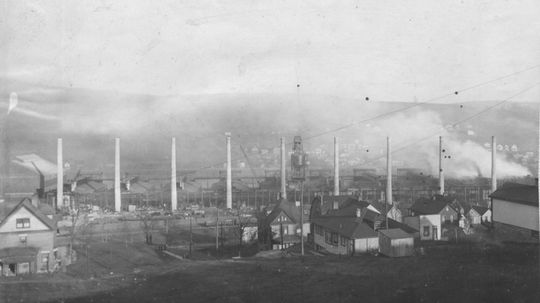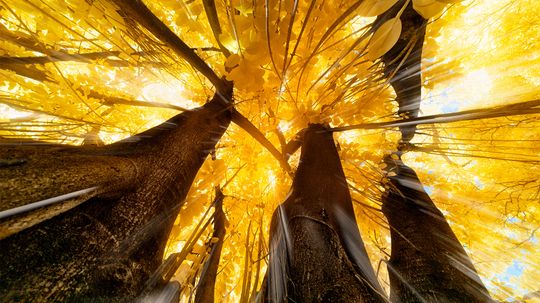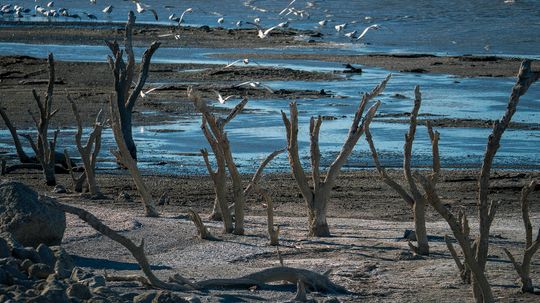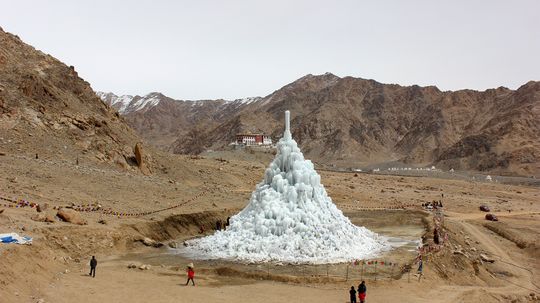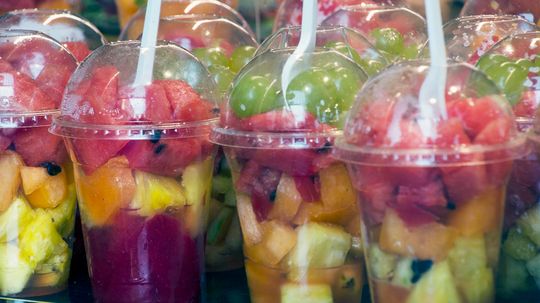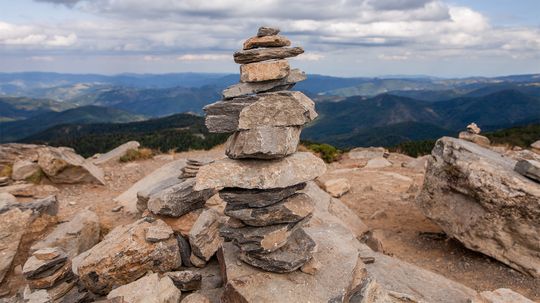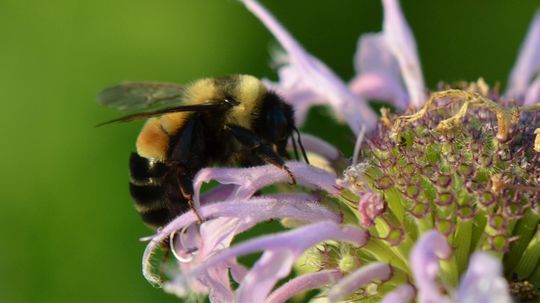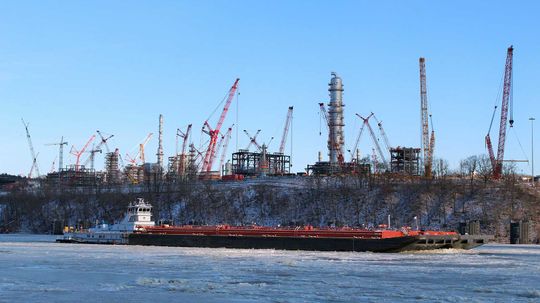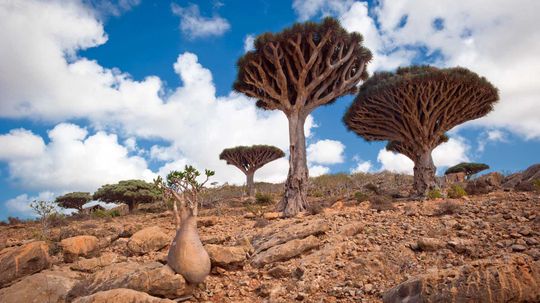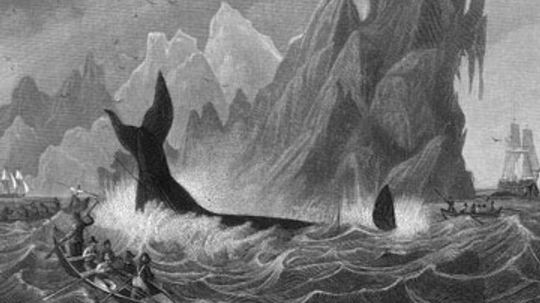Conservation Issues
Conservation issues are a growing concern for most scientists. As humans continue to consume natural resources, many organisms are headed for extinction. Conservation issues include the protection of trees, animals and wetlands.
Learn More / Page 2
A killer smog 70 years ago helped lead to the first federal air pollution laws.
Scientists have found that chemicals in some sunscreens can cause coral bleaching, prompting the Hawaii state legislature to propose an exhaustive ban on them.
Everyone loves foraging for seashells at the beach, but the true jackpot is finding a perfect unbroken sand dollar. However, taking one home may not be such a good idea.
By Alia Hoyt
Advertisement
Many scientists say that the response to climate change will require planting new trees. A whole lot of them.
Not only do bug zappers mostly kill beneficial insects, they also can serve you up a side of bacteria with your burger.
By Chris Opfer
The Salton Sea, California's largest inland lake, and the area that surrounds it - once hotspots for tourism and wildlife - have essentially become ghost towns. The lake's evaporation has now become a ticking ecological time bomb with real world consequences.
Ice stupas are artificial glaciers that store frozen water to be used for hydrating crops in the driest stretches of the year in the high desert of Himalaya.
By Mark Mancini
Advertisement
China has joined the more than 120 countries outlawing certain types of single-use plastics, those convenient but controversial plastics we've all become so used to. What exactly are they, though, and is banning them really necessary?
It may seem cool to stack rocks for fun or artistic purposes but moving rocks may inadvertently threaten small mammals and insects and contribute to soil erosion.
The rusty patched bumblebee (Bombus affinis) is on the verge of extinction and the state of Minnesota is doing something about it.
A new report released by Beyond Plastics suggests that plastics will release more greenhouse gas emissions than coal plants in the U.S. by 2030.
Advertisement
This alien-looking archipelago off the coast of Yemen is teeming with plants and animals. Many species here are threatened or endangered. Can they be saved?
A new project aims to document the possible demise of Planet Earth due to climate change. It's called Earth's Black Box and the creators hope this will be a warning to all Earth-dwellers to take global warming seriously.
Men have been hunting and killing whales for centuries. Early whalers hunted for survival, but their motivation may have changed once there was money to be made. Whaling for profit has been banned since 1986, but whaling for scientific research is still allowed in certain areas, causing much debate.
